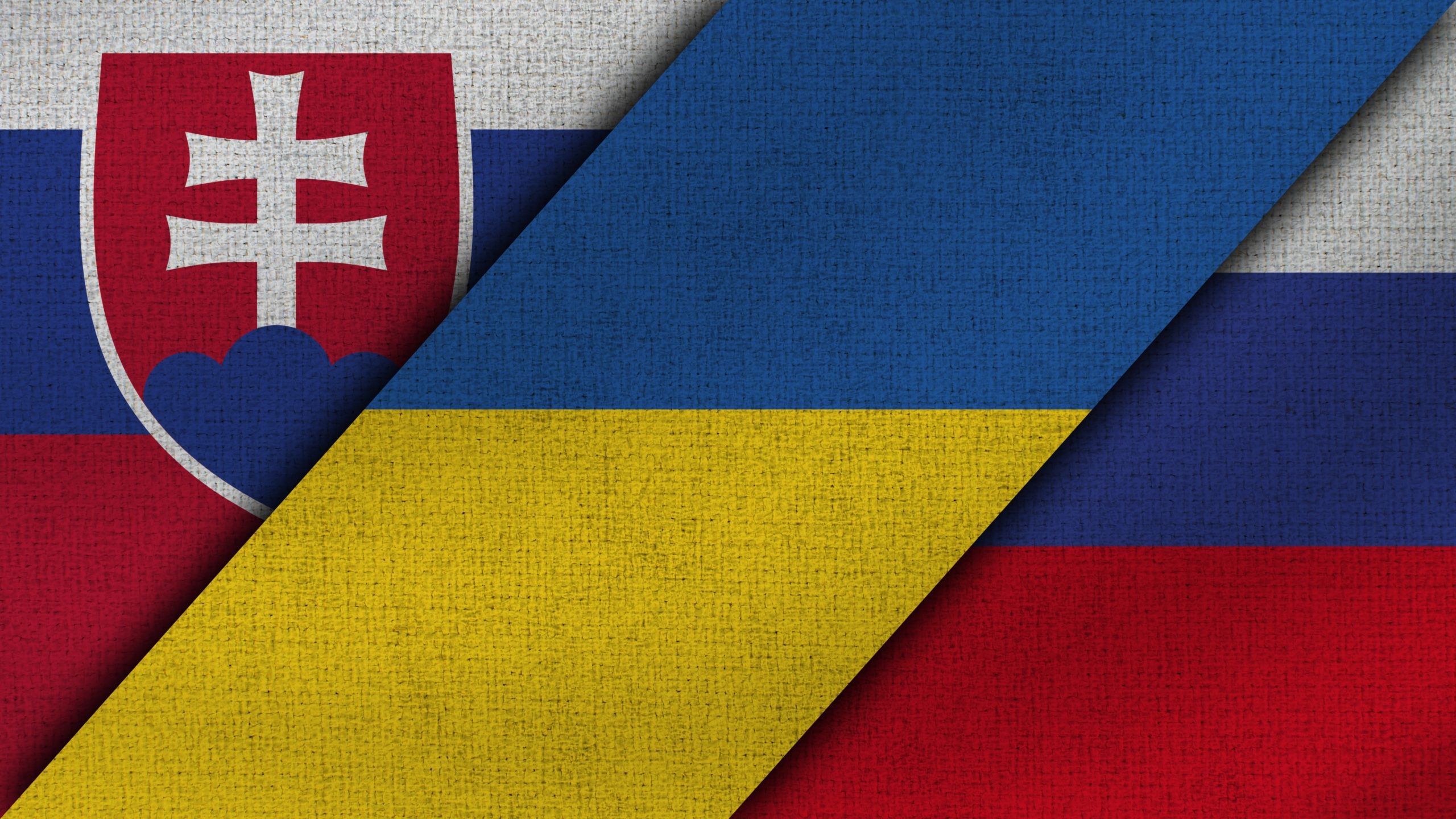
Poll: Over Half of Slovaks Welcome Russian Military Victory in Ukraine
52.1% of Slovaks would welcome a Russian military victory over Ukraine, the poll revealed.

52.1% of Slovaks would welcome a Russian military victory over Ukraine, the poll revealed.
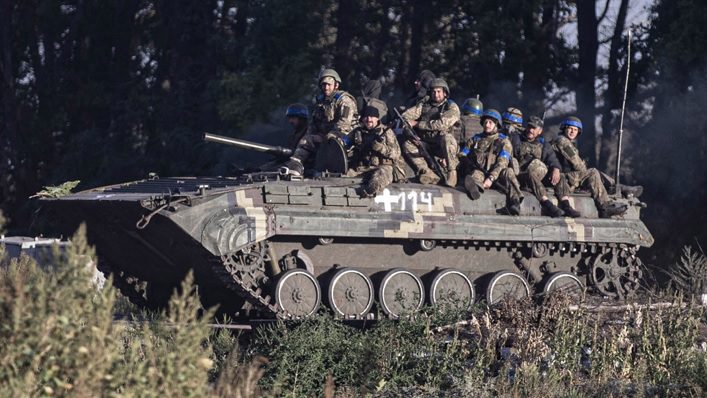
In an analysis of the Ukrainian army’s counterattack, I discuss its use of an ancient eastern battle tactic in a way never seen in Europe before—and its strategic use of mistakes made by a careless Russian leadership.
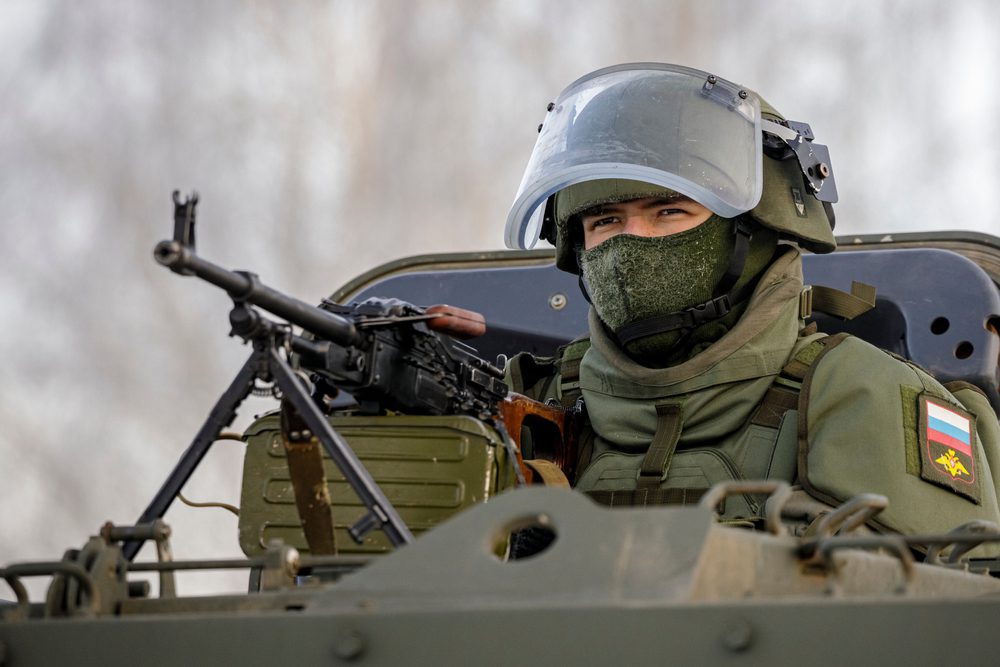
The number of troops on the ground is much lower than in the previous 2018 exercise. But the symbolic significance of this event is quite different. It is an explicit display of the Sino-Russian alliance on the international stage.

The Flemish port city of Antwerp, already known as being Europe’s ‘cocaine capital’, has fast become a place where drug cartels and their proxies work out their spats.
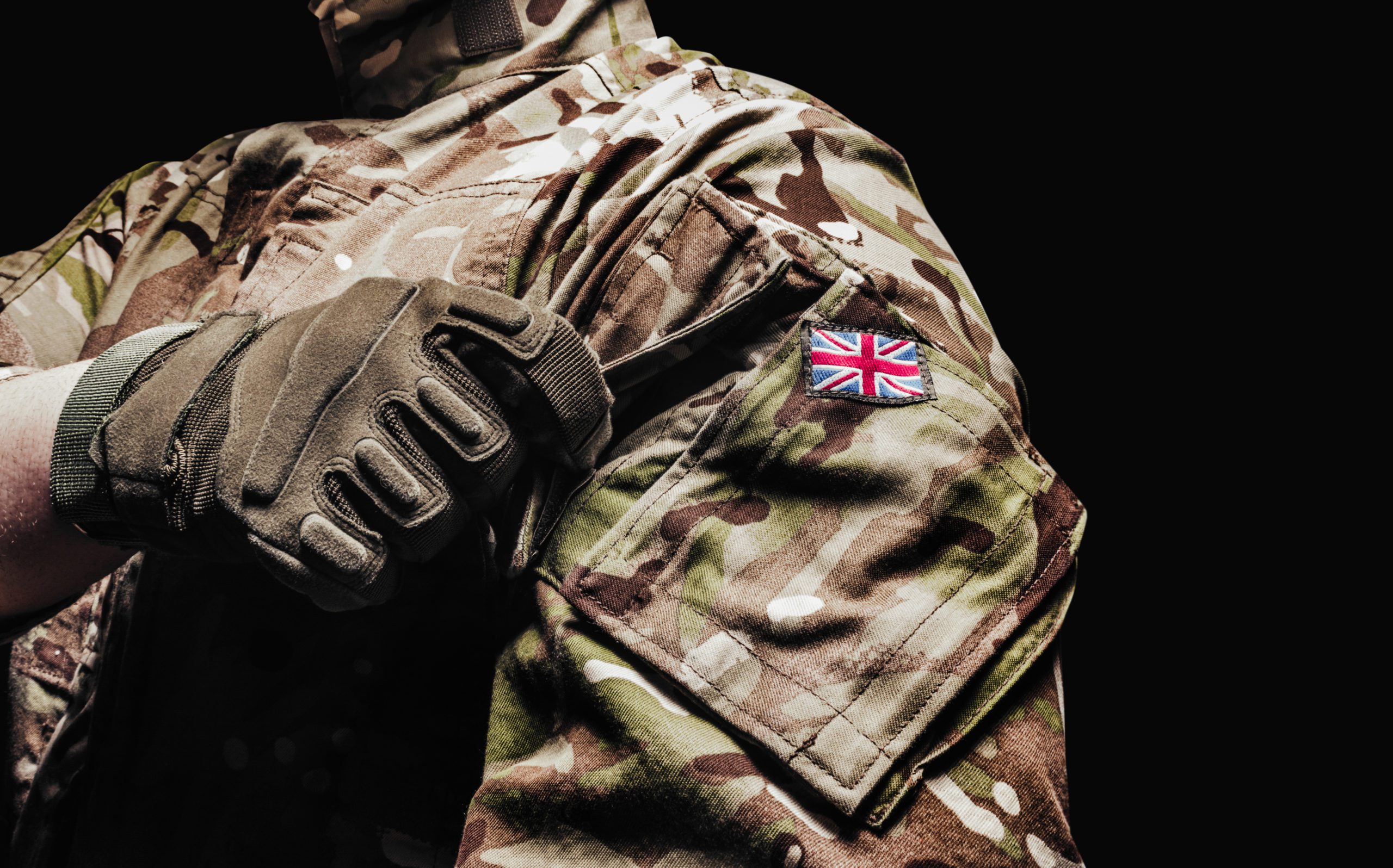
Sources claim that the head of recruitment, herself a senior female officer, has accused RAF leadership of putting an “effective pause” on hiring white male recruits.
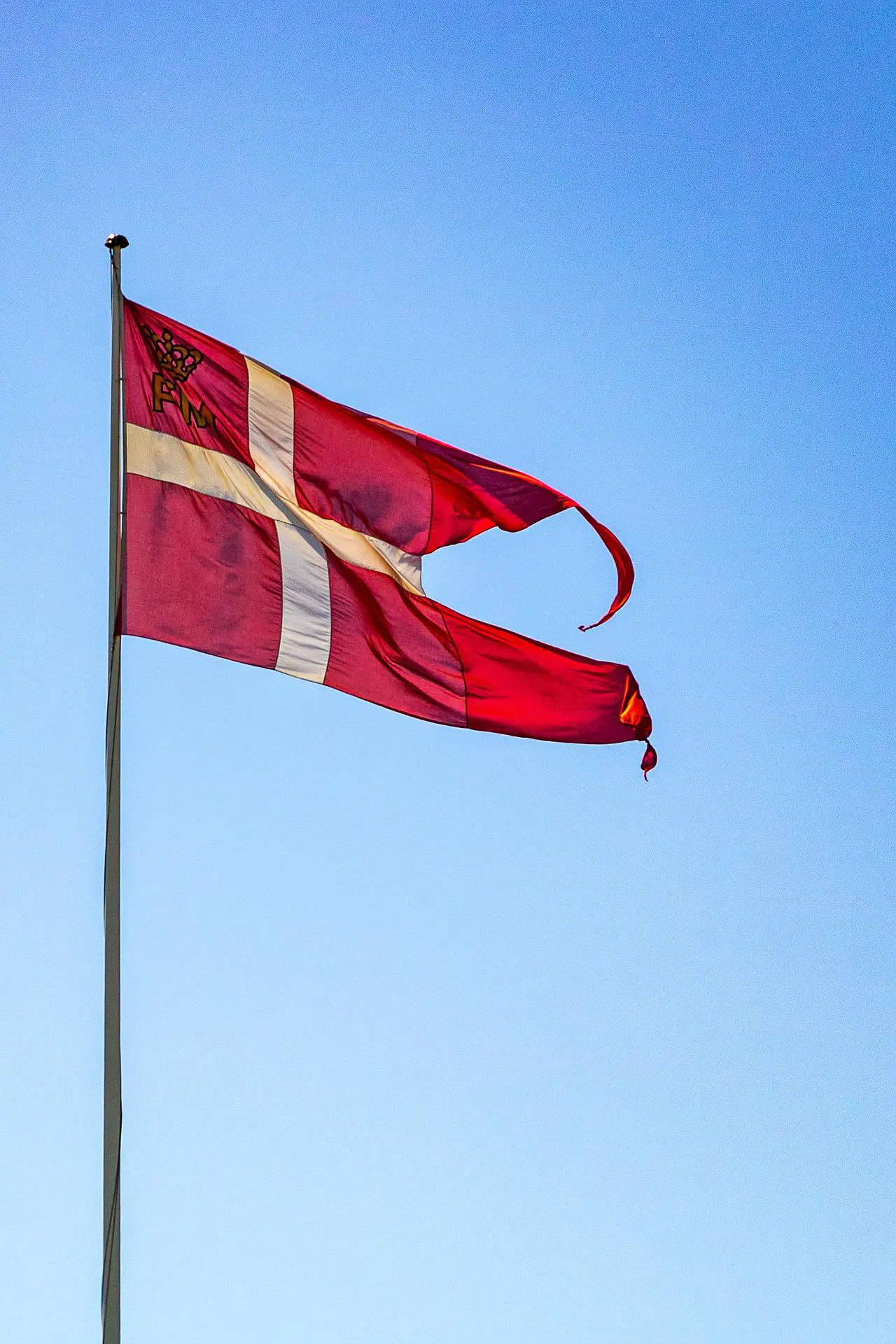
Due to heightened tensions in the Baltic Sea region, local political leadership of Bornholm, Denmark, demands full time presence, with around-the-clock response capability.

This is the latest in a reduction of European troops in the country which were there to help the Malian government fight jihadist insurgents.
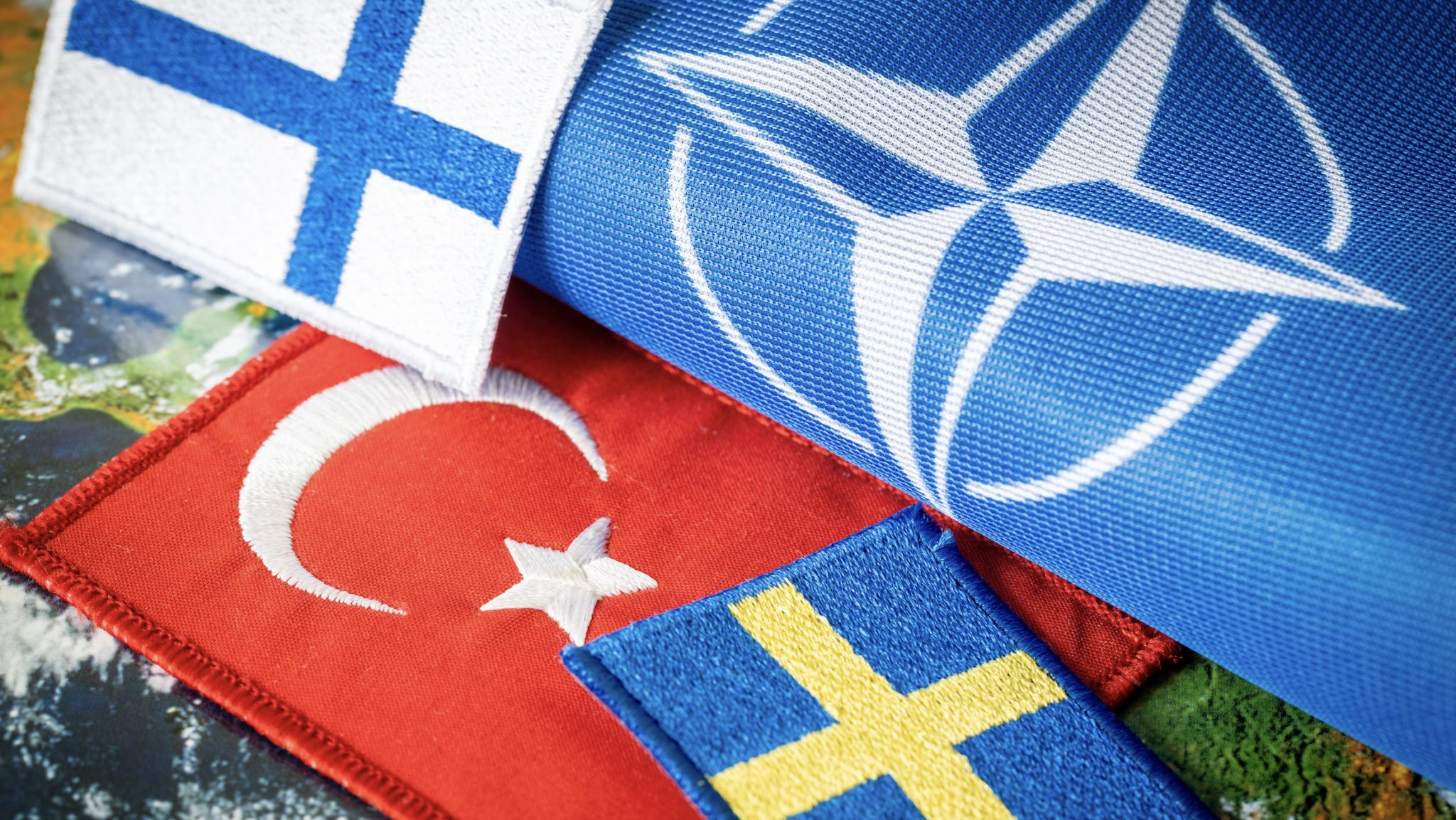
NATO expansion into the Nordic region of Europe could unnecessarily escalate tensions with Russia. In doing so, the expansion could cause a conflict which would not be in the interest of the United States.

Britain’s Ministry of Defence, supportive of Kyiv, said that it believed Russian forces weren’t advancing swiftly because of personnel shortages.

The Japanese are famously split over the issue, which conjures up fears of an ultra-nationalist (if not imperialist) element rearing its head again—and gaining entrance to real power.